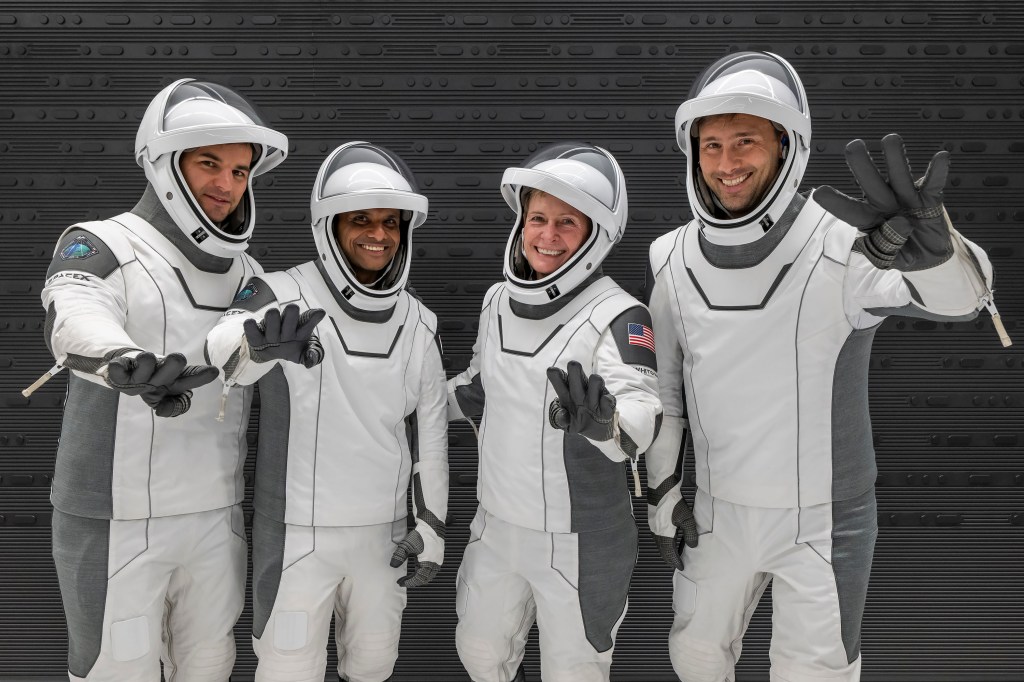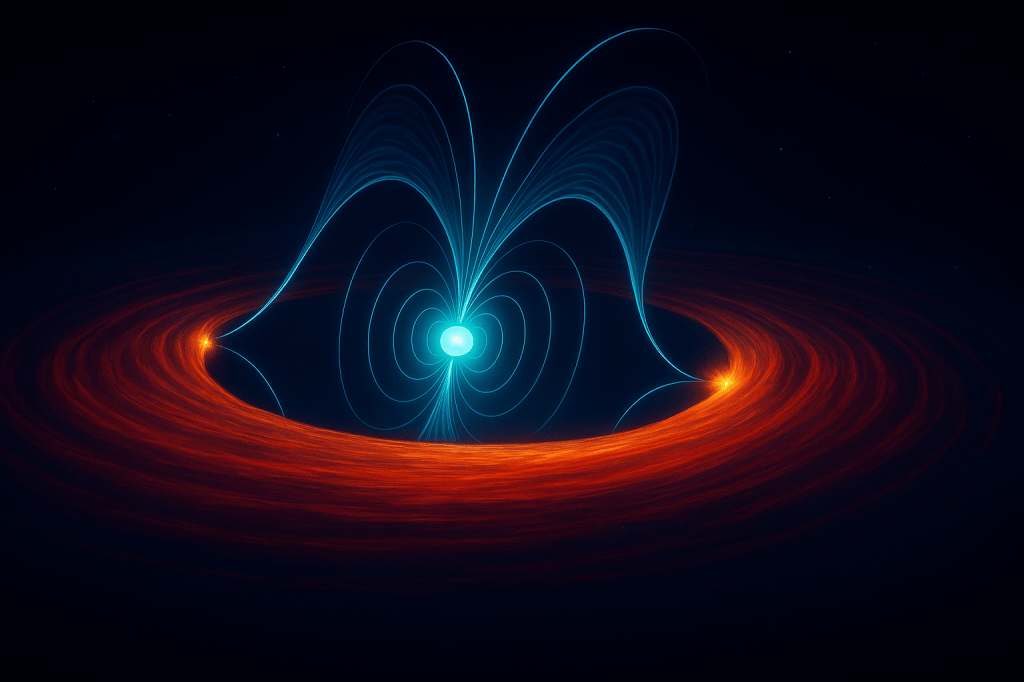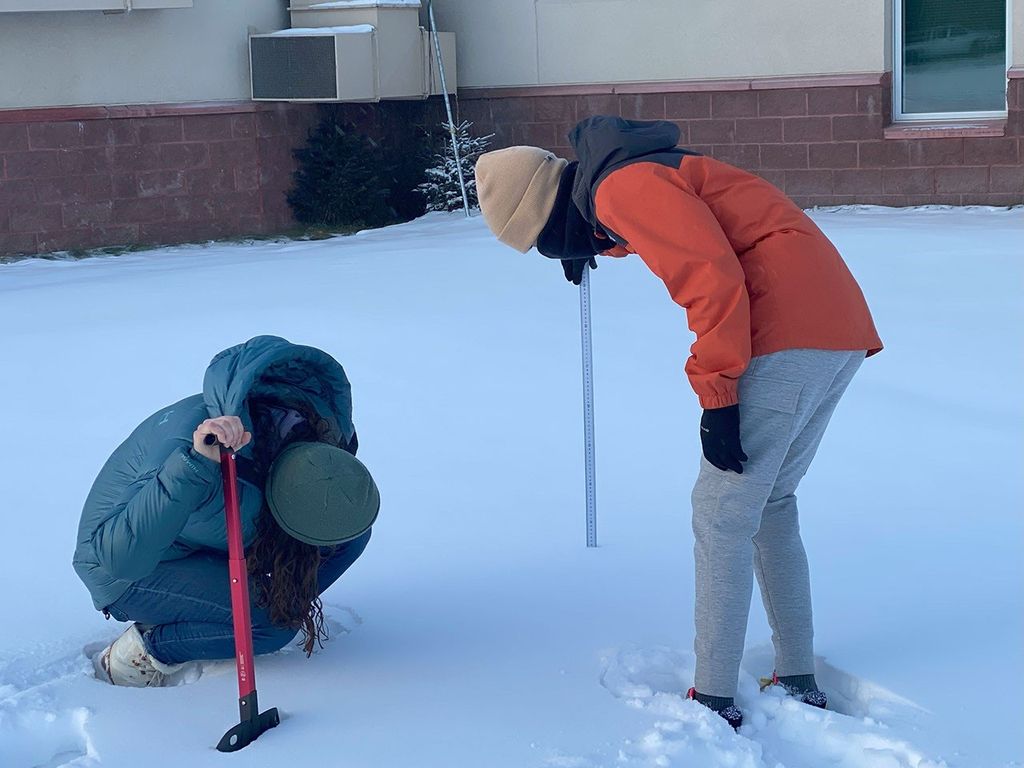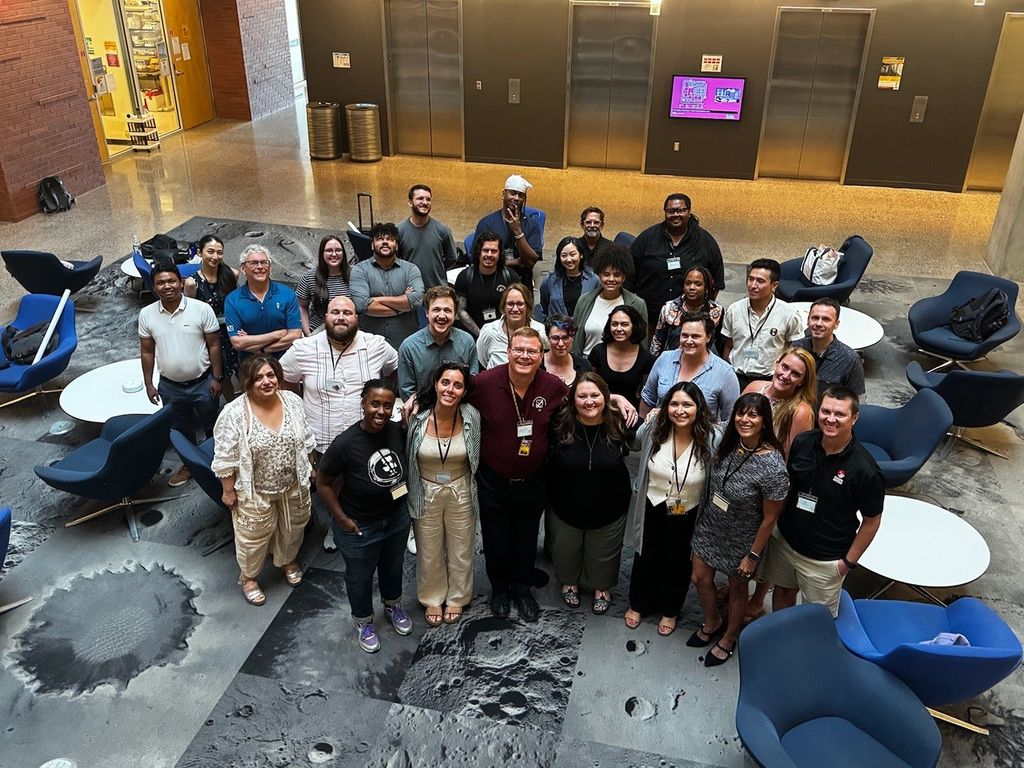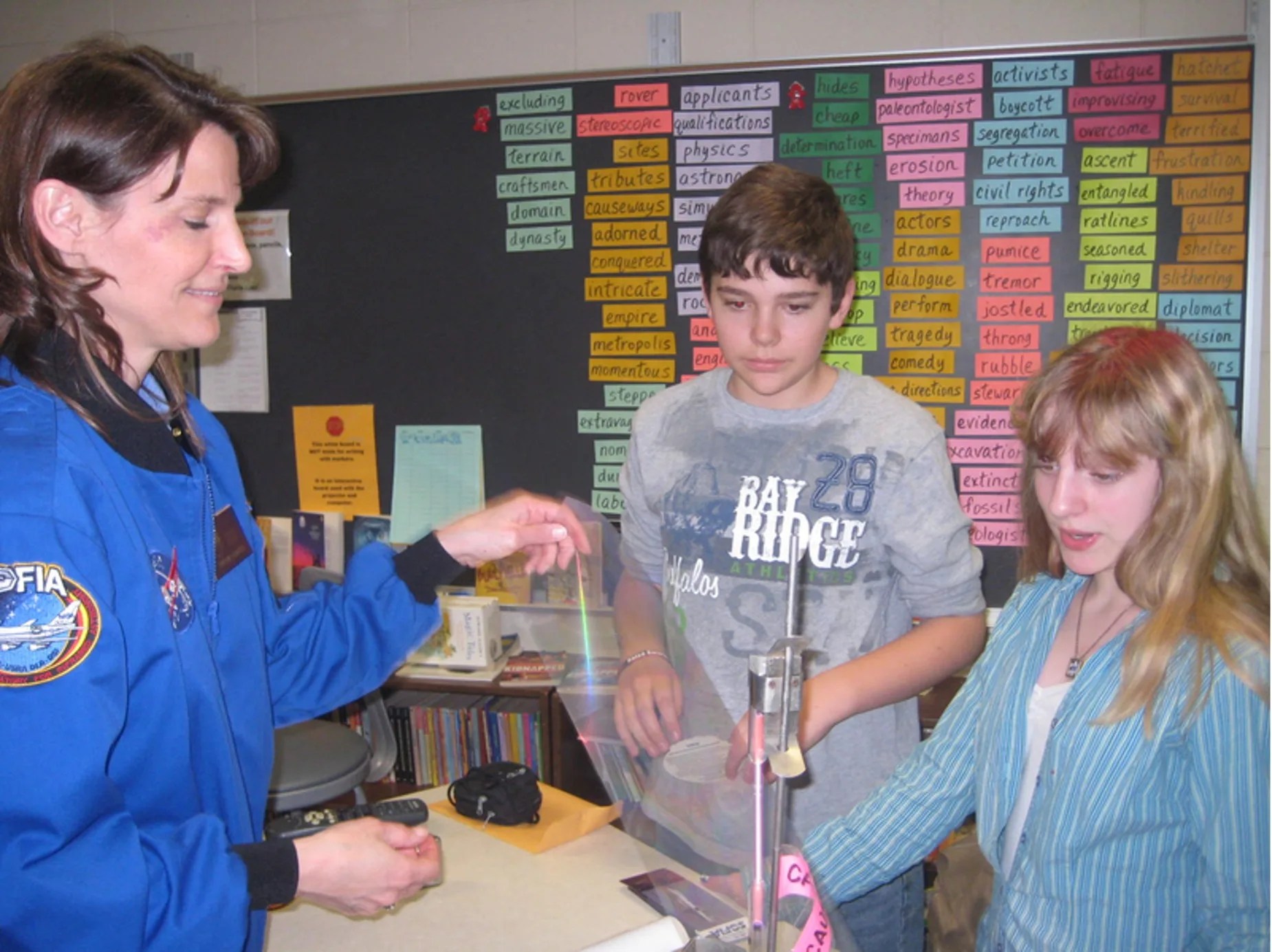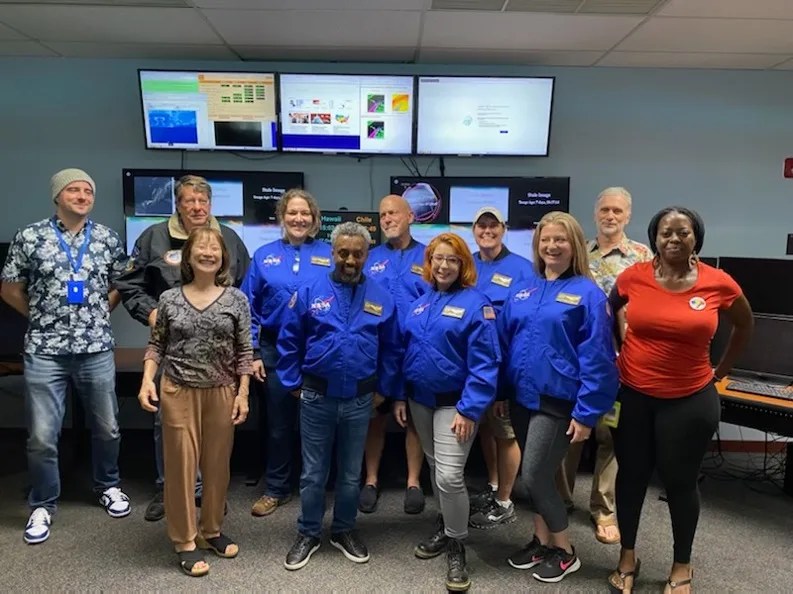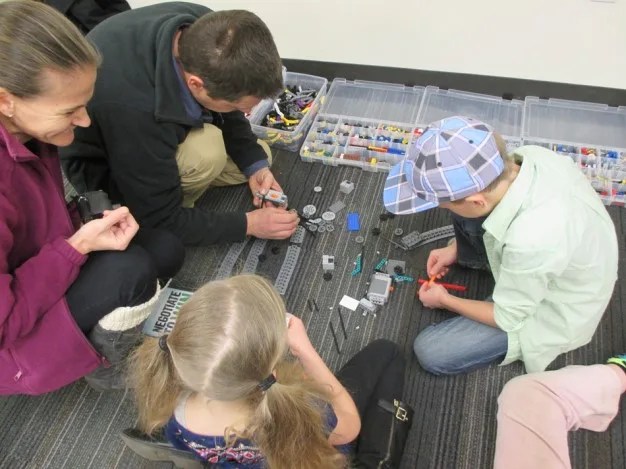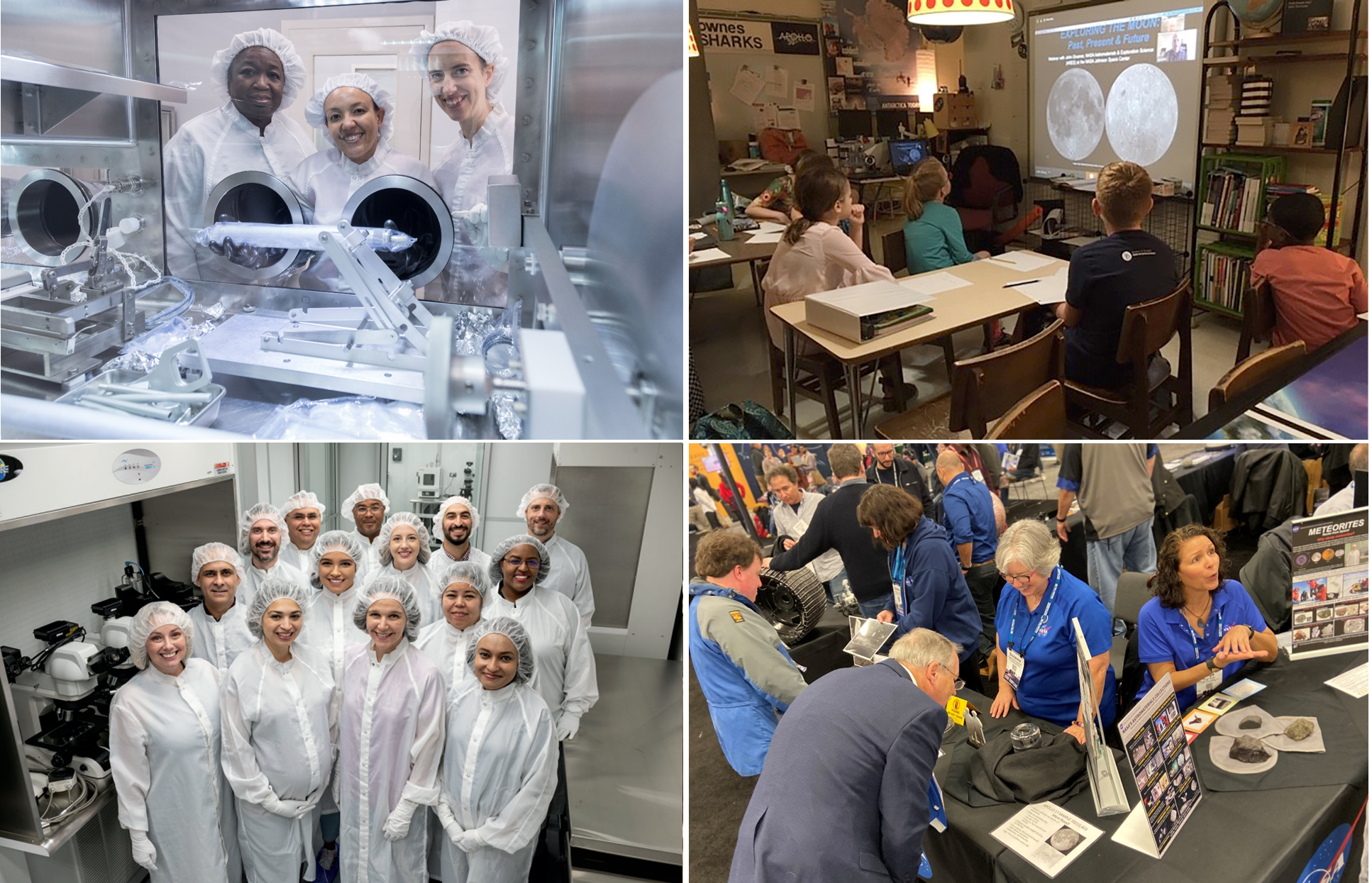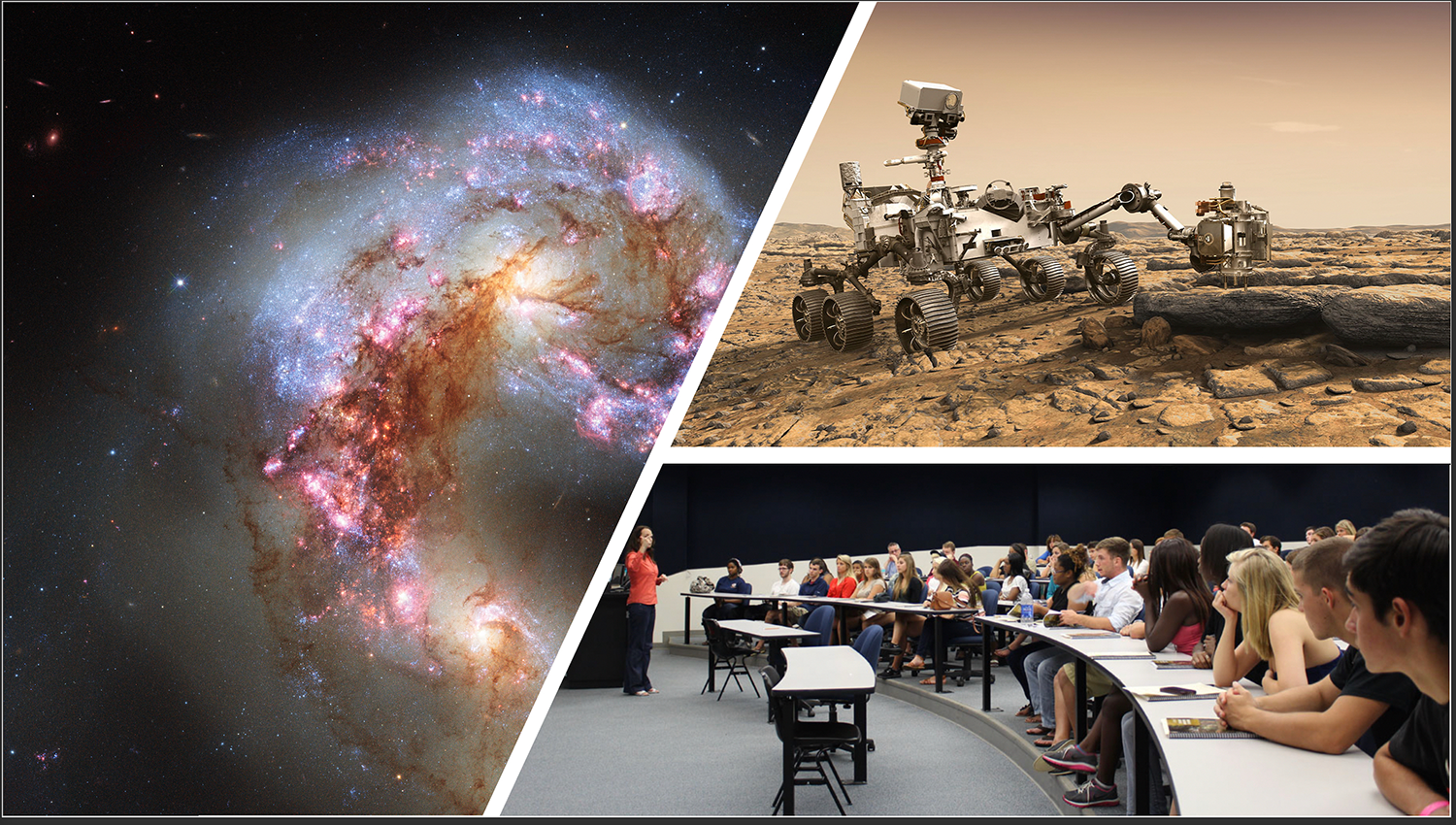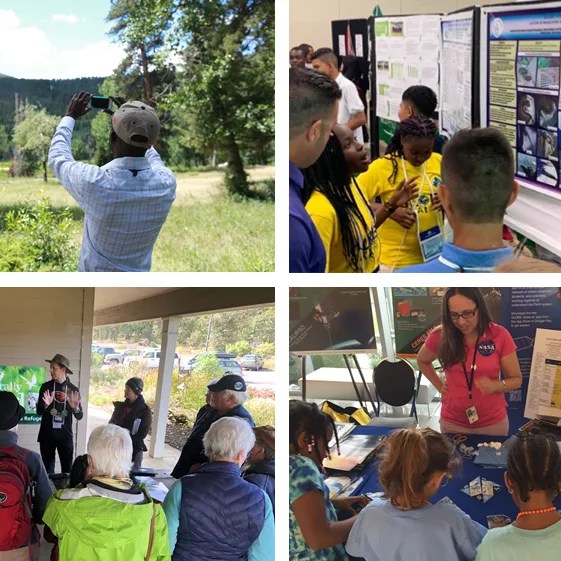Astronomy Activation Ambassadors
Providing professional development for teachers to enhance student STEM learning and engagement.
Team Mission
The Astronomy Activation Ambassadors (AAA) program (formerly Airborne Astronomy Ambassadors) aims to enhance student STEM learning and engagement in schools, districts, and colleges via professional development (PD) for teachers and implementation of a standards-based electromagnetic spectrum & multi-wavelength astronomy curriculum module in middle school, high school, and community college classrooms.
AAA teacher professional development consists of:
- Webinars regarding NASA science content and assets;
- In-person training for classroom curriculum implementation;
- STEM immersion experiences at astronomy research and public outreach facilities;
- Membership in a Community of Practice fostering exchange of teaching best practices and continued connection with NASA science.
The Astronomy Activation Ambassadors (AAA) program gives teachers a unique opportunity to interact with multiple facets of NASA’s science mission. Not only are these teachers witnessing scientific research first-hand, they're seeing the wide range of professional and technical expertise needed to support that research, from engineering to technology to mathematics. This program inspires teachers with the excitement of frontier science, and shows students the multitude of career paths possible within NASA.

D. Backman
Principal Investigator
Science Focus
Astrophysics, Planetary Science
Audiences
- Middle school, high school, and community college astronomy and physical science teachers;
- Students of teacher participants.
What does your team hope to achieve?
AAA aims to increase middle school, high school, and community college student interest in STEM learning, STEM majors, and STEM careers.
Impacts of AAA teacher PD and the EMS/MWA curriculum on student STEM learning & engagement were assessed by the external evaluator WestEd via a Randomized Controlled Trial (RCT). The final RCT report is available here:
https://www.seti.org/sites/default/files/AAA/WestEd-AAA7Student-Assessment-Report-FINAL.pdf
- Assessment of student content learning in relation to the California Science Framework and U.S. Next Generation Science Standards;
- Assessment of student interest in STEM, STEM learning, STEM majors, and STEM careers;
- Teacher logs regarding curriculum implementation.
Items 2 and 3 continue to be evaluated by WestEd. Student outcomes were measured in the 2019-20 through 2023-24 academic years without an RCT; positive effects were consistent in size and significance with the 2017-18 RCT findings.


